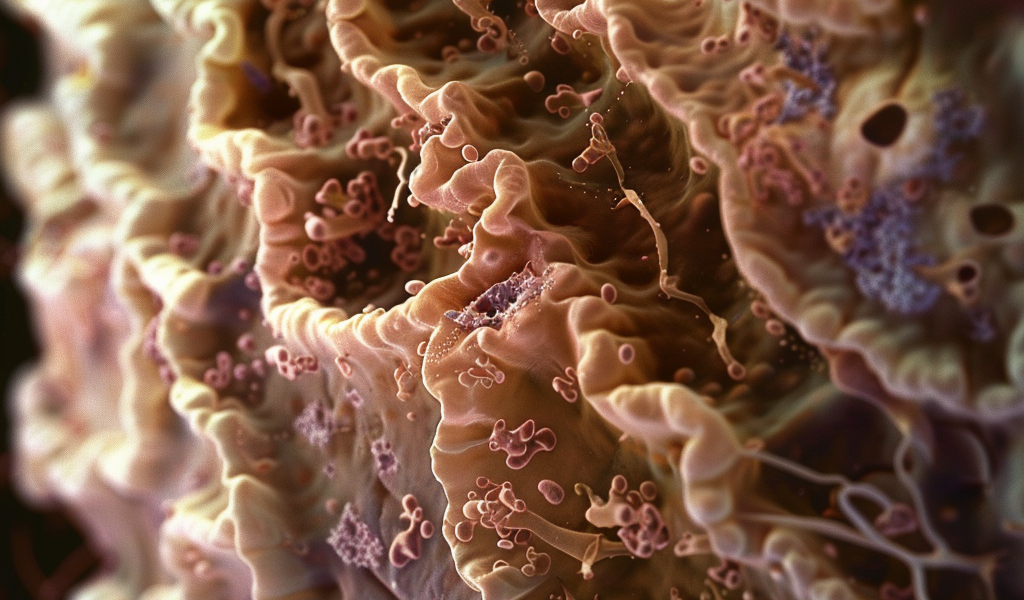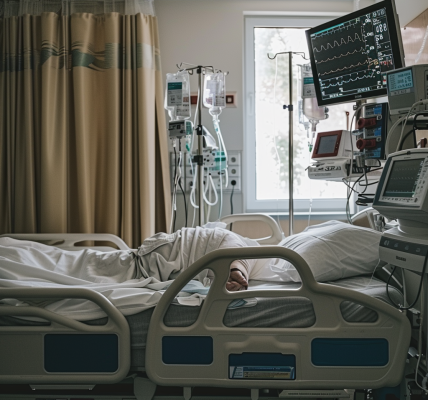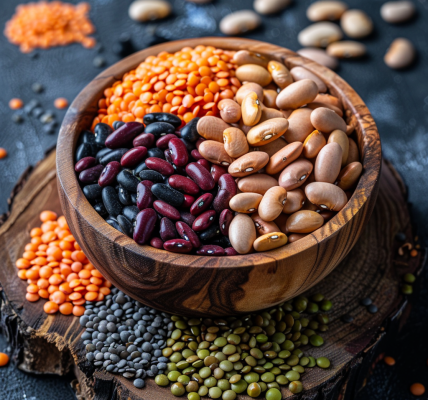A new study has uncovered that a common and typically harmless bacteria may play a significant role in the development of stomach cancer. This bacteria, known as Helicobacter pylori, joins the ranks of other pathogens that are recognized as potential cancer risks. Researchers have identified the mechanism through which this bacteria operates, potentially paving the way for the development of therapeutics to mitigate the risk.
It is estimated that approximately half of the global population carries the usually benign Helicobacter pylori bacteria. While medical experts are aware that when this bacteria becomes pathogenic, it can lead to an infection that significantly raises the likelihood of developing gastric or stomach cancer, only a small percentage of those infected actually go on to develop the condition, ranging from 1% to 3%.
Given the low percentage of individuals who develop gastric cancer due to H. pylori infection, researchers have begun to explore the possibility of other contributing pathogens. This inquiry prompted a collaborative study by researchers from Nanyang Technological University (NTU) Singapore and the Chinese University of Hong Kong (CUHK) to investigate the potential involvement of another microbe in the disease.
The study focused on examining the non-H. pylori gut microbiome in patients with varying stages of gastric cancer, ranging from superficial gastritis to atrophic gastritis, intestinal metaplasia, and ultimately cancer. The findings revealed the enrichment of five oral pathogens in the gastric linings of these patients, including Streptococcus anginosus.
Streptococcus anginosus is a normal component of the mouth, nose, throat, gut, and vagina microbiota. While it typically does not pose a threat to healthy individuals, it can lead to opportunistic infections when the body’s immune system is compromised. The role of this bacteria in gastric cancer, along with its mechanism of action, has largely remained unclear.
Through the use of mouse models, the researchers observed that colonization with S. anginosus initiated an acute inflammatory response, followed by a chronic phase characterized by intense and persistent gastritis. Chronic inflammation is known to be a trigger for cancer growth and development. In the mice, infection led to a progression from chronic gastritis to atrophy, metaplasia, and dysplasia, mirroring the pathway observed in humans before the onset of gastric cancer. Additionally, co-infection with S. anginosus and H. pylori resulted in greater gastric inflammation than either pathogen alone, suggesting a potential synergistic effect in promoting gastric cancer.





